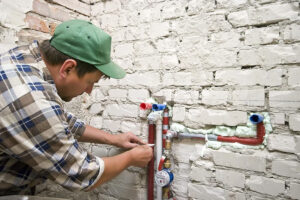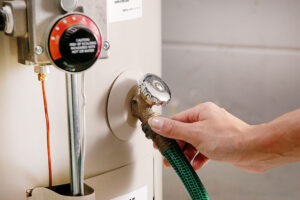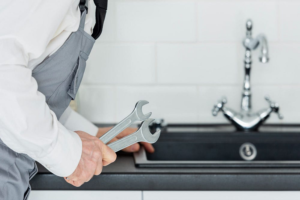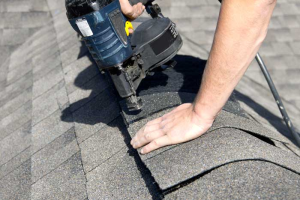Perfect Heating Solutions: Essentialities for You
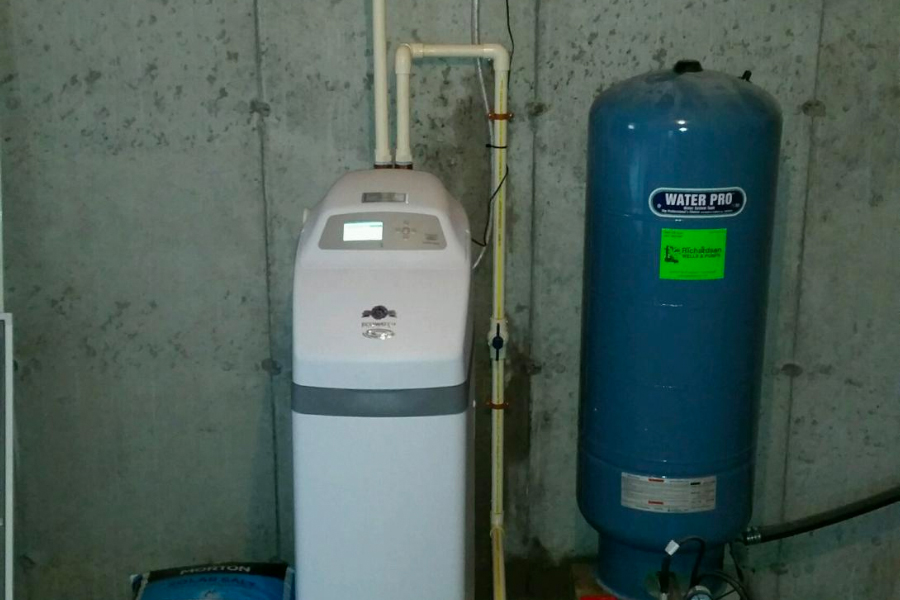
Perfect Heating Solutions- Essentialities for You
One of the simple options for heating repair is to choose the best water softener. What does it mean? To address the issues caused by hard water, water softening devices were developed, and the phrase “water softener” was coined. The phrase “Water Softener Systems” is also used to describe these systems. You may have a hard water issue if you find that your shampoo and soap don’t lather well, that your dishes have spots, that your bathtub rings, that your clothing are discolored, or that your coffee maker has scale. A water softener might be a smart financial choice in view of the current situation.
Adding hard water to the mix might make it more difficult to clean things like skin and hair, which is already a difficulty. 85{25d2b18a95c5c6f7eb4ced5b120adc2827c7011e7253ae4e60356a2e2ad96975} of homes in the United States have a problem with hard water, according to the US Geological Survey. There is a citation required for this.
Complaints Suggested When it comes to the water’s unevenness
Subterranean water sources, such as aquifers, are hard because minerals dissolved in rocks are responsible. Calcite, magnesium, and manganese carbonate are some of these essential elements. The water’s generally abrasive texture is due to the presence of these minerals. These are only a handful of the things that go into making soft water hard. One aspect examined in determining the “hardness” of water is the amount of mineral content present in the water. Heating systems may be repaired using it.
What is meant by “hard water” when we speak about it?
More than one grain of hardness minerals may be discovered in every gallon of water (GPG). Water with a GPG of 3.5 or below is considered “soft” for application purposes. A GPG of at least 3.5 is required to classify water as “hard.” If the GPG level in the water is more than or equal to 10, it is considered hard water. Between these two extremes, the typical amount of water hardness may be found.
In the case of hard water, there are a number of issues that might arise
It is more important to consider the prospective financial consequences of drinking hard water than to consider the possible health consequences of doing so. In most cases, hard water is only discovered when something in your home, such as the plumbing system or an item that depends on water, fails. Scale accumulation on plumbing fittings may also be caused by hard water. Heat may crystallize minerals that are already dissolved in hard water, resulting in even more crystallization. The scale may form in the pipes as a direct consequence of this, increasing the likelihood of clogging and slowing water flow. Another cause of appliance failure is the buildup of scale and lime deposits. Some examples of this are dishwashing machines and coffee makers.
There is a danger that scale will develop up within water heaters, increasing the likelihood that they may fail. The scale may build up in places other than water heaters, as well. Hard water scale may impair the effectiveness of water heaters by as much as 30{25d2b18a95c5c6f7eb4ced5b120adc2827c7011e7253ae4e60356a2e2ad96975}, according to the conclusions of a study commissioned by the Water Quality Research Council and carried out by New Mexico State University.
Water conditioners come in a variety of shapes and sizes
Aside from ion exchange or “cation exchange” water softeners, there are other options that may be used depending on the scenario. In the near future, we want to provide additional emphasis on each of these aspects.

